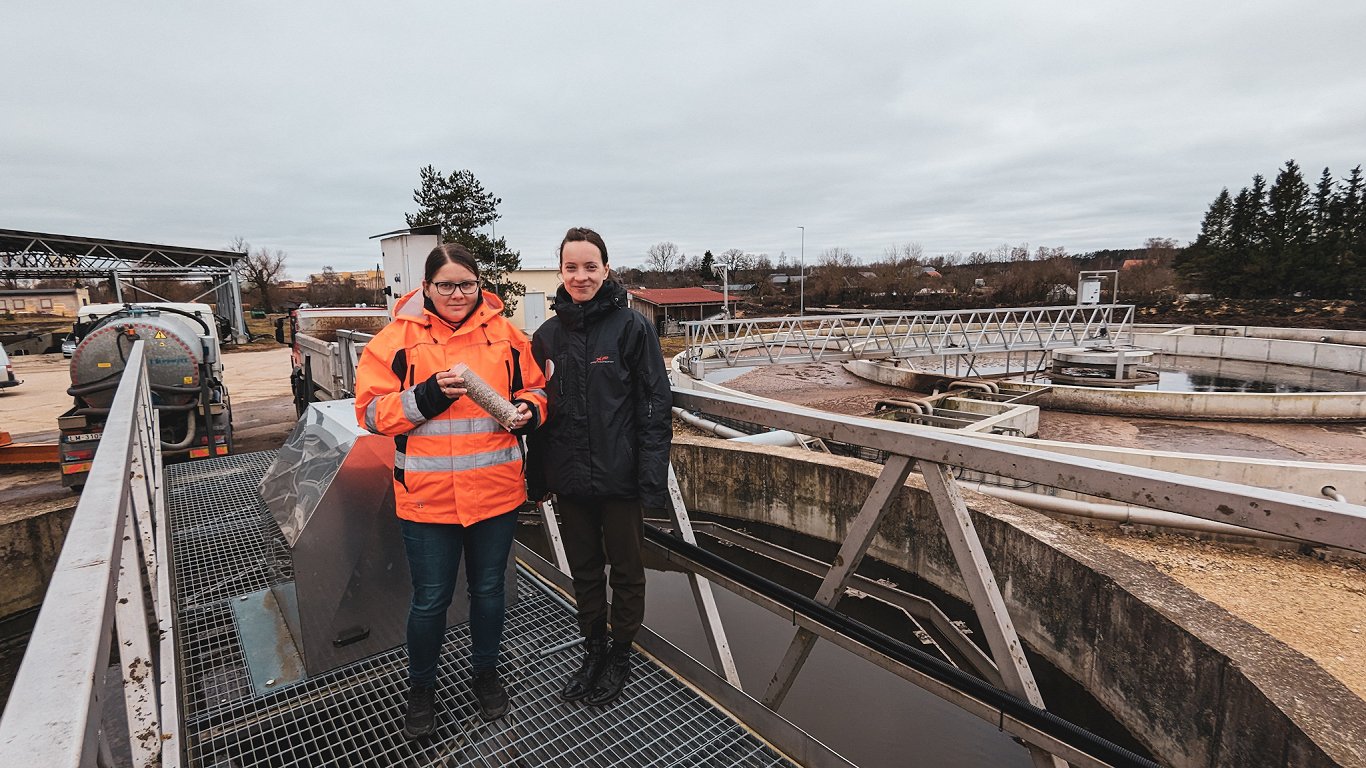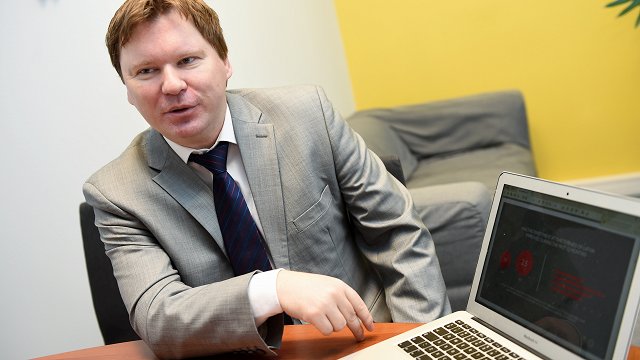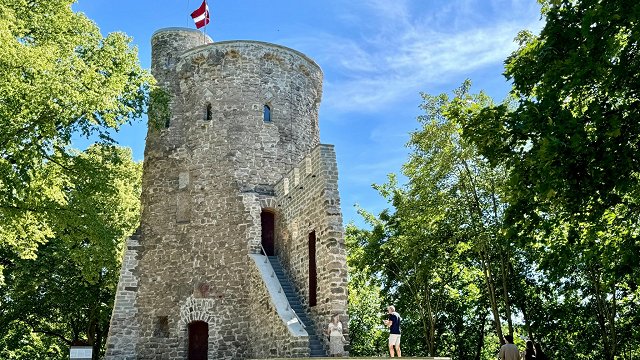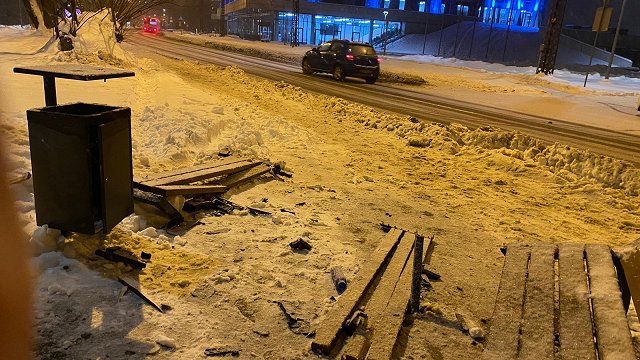Phosphate rock and phosphorus are included in the list of the European Union’s critical raw materials due to the shortage risks of supply and dependency on imports. At the same time, a shocking amount of phosphorus (valued at €800 million per year) is discharged into European waters from wastewater treatment plants, wreaking havoc on our seas and oceans due to nutrient pollution.
With its unique technology, P-Agro Minerals addresses the early stage of the food supply chain, focusing on sustainable and efficient nutrient sourcing.
“We obtain essential nutrients such as phosphorus and nitrogen from municipal and industrial wastewater streams and recover them in the form of fertiliser for agriculture. We address challenges in water management, like water pollution and resource recovery. While it may seem like an environmental concern rather than a business issue, the regulation of wastewater treatment – particularly regarding nutrient removal – is becoming increasingly pressing for industries and municipalities across Europe”, states Annija Emersone, chief executive officer at P-Agro Minerals.
From the laboratory to the field
“Initially, our research began at university, where we focused on studying minerals of Latvian origin to assess their potential for wastewater treatment applications. In 2022, the scientist and chemist Juris Kostjukovs discovered the material Letonite and its extraordinary phosphorus sorption capabilities”, Emersone recalls.
In 2024, P-Agro Minerals has been continuously testing its Letonite wastewater filter product in several “problematic” wastewater treatment facilities in Latvia. The results are positive and encouraging – this technology can recover up to 95% of phosphorus from wastewater streams.
“However, more intensive testing together with industry partners is in the pipeline for this year to scale and validate our filter technology. Simultaneously, we are researching the possible applications of our technology – enabling the use of recovered phosphorus directly as a fertiliser in agriculture”, she adds.
Her ambitions go beyond the Baltics. “There is hardly any fully commercialised phosphorus recovery technology in Europe yet, but the need for one is here and heating up, and we don’t plan to miss out on this market opportunity.”
Driving real changes
Emersone thinks that corporate giants in many industries are still major stakeholders that can be the ones to influence and drive real changes and mindset shifts towards sustainability. This is something she has witnessed in the water sector as well. “This trajectory is especially important and beneficial to the new innovators because of a frequent need to work together with industry partners at some point when building new technology.
Big companies are not the only ones that adopt sustainable practices. Many new companies like P-Agro Minerals emerge with sustainable solutions at the core of their business models and many other small and medium-sized enterprises choose to adopt more sustainability practices for reasons like cost saving, regulatory compliance, talent acquisition and so on.
Nevertheless, total available investments in cleantech and sustainable solutions are a good gauge for understanding if we are experiencing positive changes from a business perspective in caring about sustainability”, she adds.
Emersone believes that the European Green Deal has been one of the most effective instruments for convincing existing businesses to choose more sustainable business models and for opening up new market opportunities for innovative sustainable products and services.
This interview first appeared in Baltic Business Quarterly magazine and is reproduced by kind permission. You can read more about the German-Baltic Chamber of Commerce in Estonia, Latvia and Lithuania at the official website and find out more about the Baltic Business Quarterly magazine here: https://www.ahk-balt.org/lv/publikacijas/zurnals.
































